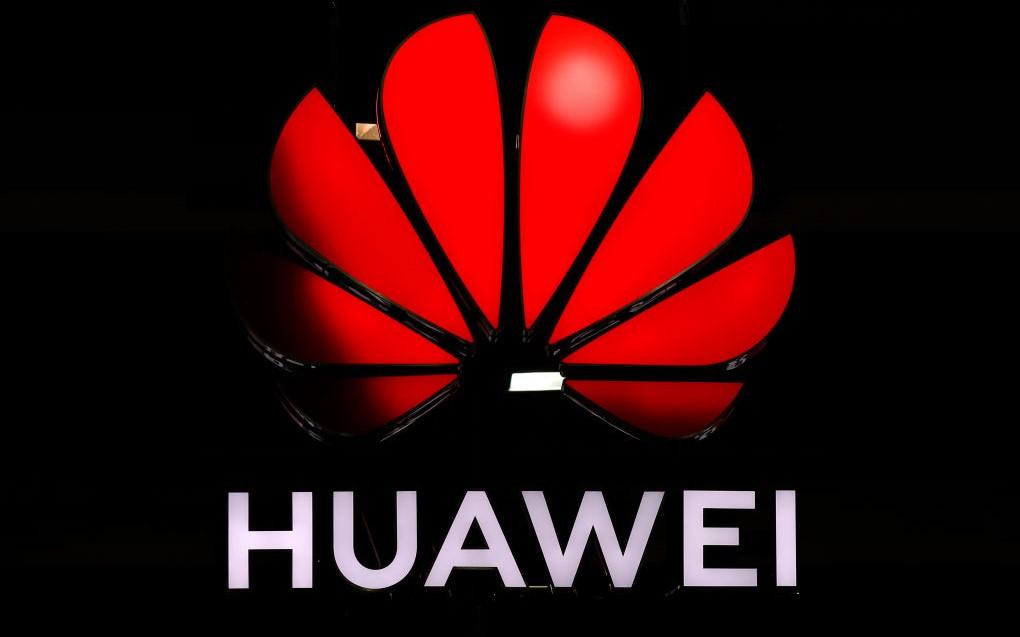TORONTO—When Meng Wanzhou, the Huawei executive at the centre of a diplomatic row between China and Canada, visited the Toronto office of the Chinese telecom giant in 2016, the talk from local managers was that she didn’t like seeing so many “Chinese faces” in the office.
Meng, whose high-profile arrest in December 2018 started a downward spiral in relations between Beijing and Ottawa, was one of the founding directors of Huawei’s offices in Canada, and had a mission to establish a Canadian foothold for the controversial company founded by her father Ren Zhengfei, a former officer with the Chinese regime’s People’s Liberation Army.





